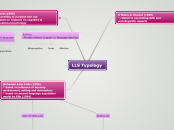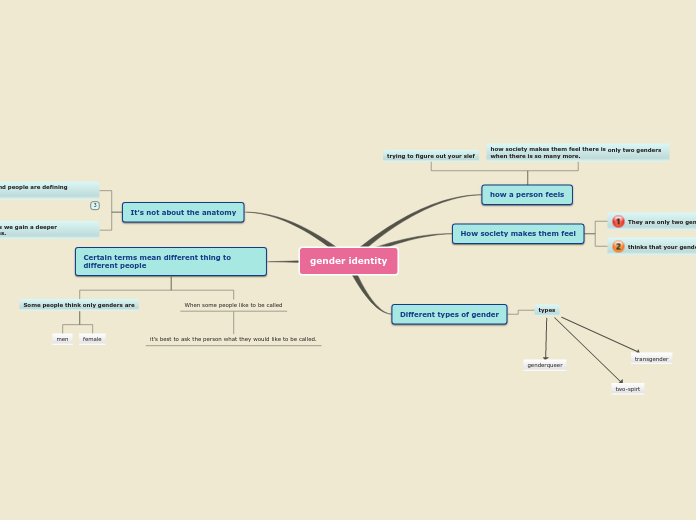によって Snezana Radan 6年前.
270
mindmap
Incorporating dual-language instruction in English Language Learner (ELL) classrooms brings numerous advantages to students, educators, and the broader community. Students benefit from enhanced transferable language skills, increased cultural awareness, and enriched educational and career prospects.
開く
Dual-languages in ELL classrooms Benefits for broader community Increasing awareness of the benefits of cultural diversity Connecting and integrating diverse linguistic communities Eliminating biases , prejudice, and ignorance Increasing cultural, linguistic and intellectual capital Cultivating global citizenry Cross-curricular opportunities Sharing languages in a classroom/learning relevant terminology in different languages Exploring development of mathematics and science through time and cultures Incorporating world art/music in art/music classes Incorporating world literature in language classes Encouraging involvement in extra-curricular activities Benefits for students Increasing all students' awareness of the benefits of cultural diversity Fostering self-esteem and sense of belonging Preventing and eliminating linguistic gap between students and parents Increasing parental involvement in students' education Validating students' linguistic and cultural identities Widening students' educational and career opportunities Developing transferable language skills Activating prior skills and conceptual knowledge Teaching Strategies Providing timely and supportive feedback Providing bilingual support for newcomers Affirming the value of bilingualism and multilingualism Providing opportunities for work with same first language partners Encouraging development of ideas in the first language Creating multilingual displays, posters, signs Creating dual-language assignments









